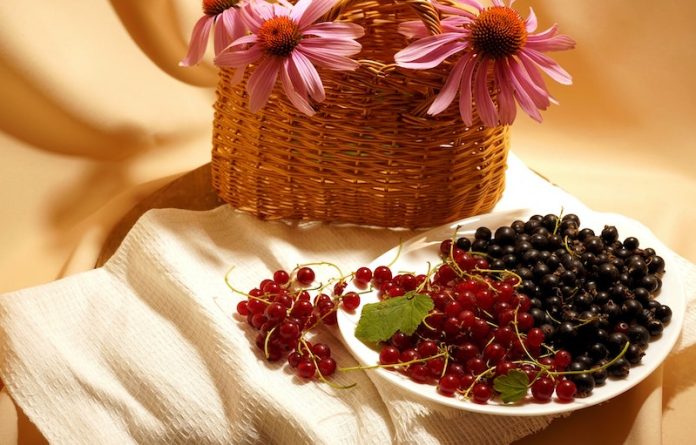
Researchers from King’s College London found that drinking blackcurrant extract can help reduce blood sugar and insulin levels after a meal.
Blood sugar, also known as blood glucose, is the amount of sugar (glucose) that is present in the bloodstream. It is the primary source of energy for the body’s cells and is regulated by insulin, a hormone produced by the pancreas.
High blood sugar levels can be a sign of diabetes, while low blood sugar levels can cause symptoms such as weakness, confusion, and sweating.
Maintaining healthy blood sugar levels is important for overall health and well-being.
Blackcurrants are small fruits that are packed with nutrients and antioxidants.
They contain four times more vitamin C than oranges and double the number of antioxidants compared to blueberries.
Vitamin C helps the body metabolize protein and produce collagen, which is important for healthy skin.
Blackcurrants also contain anthocyanins, which may help reduce postprandial glycemia. Postprandial hyperglycemia is when blood sugar levels rise after a meal.
In the study, the researchers looked at the effects of different doses of blackcurrant extract on blood sugar levels in 23 middle-aged men and women.
The participants drank low-sugar fruit drinks with 150 mg, 300 mg, or 600 mg of total anthocyanins, or no blackcurrant extract before a high-carbohydrate meal.
The team measured the participants’ blood sugar, insulin, gut hormones, and arterial stiffness before and after the fruit drinks.
They found that drinking fruit drinks with high-level blackcurrant extract strongly reduced blood sugar levels and insulin levels 30 minutes later.
Gut hormone levels were also strongly reduced two hours after the intake of high-level blackcurrant extract.
The researchers suggest that including blackcurrants in your diet may provide benefits to heart health and metabolic health.
However, the study did not measure blood levels of anthocyanins and their metabolites, which could provide more information about the benefits of blackcurrants on vascular function and blood pressure.
The research was published in The Journal of Nutritional Biochemistry and was conducted by Monica L Castro-Acosta et al.
If you care about diabetes, please read studies that pomace olive oil could help lower blood cholesterol, and this simple habit may reduce risks of type 2 diabetes, and heart disease.
For more information about health, please see recent studies that blueberries strongly benefit people with metabolic syndrome, and results showing diabetes drug metformin may slow down cognitive decline.
Copyright © 2023 Knowridge Science Report. All rights reserved.



